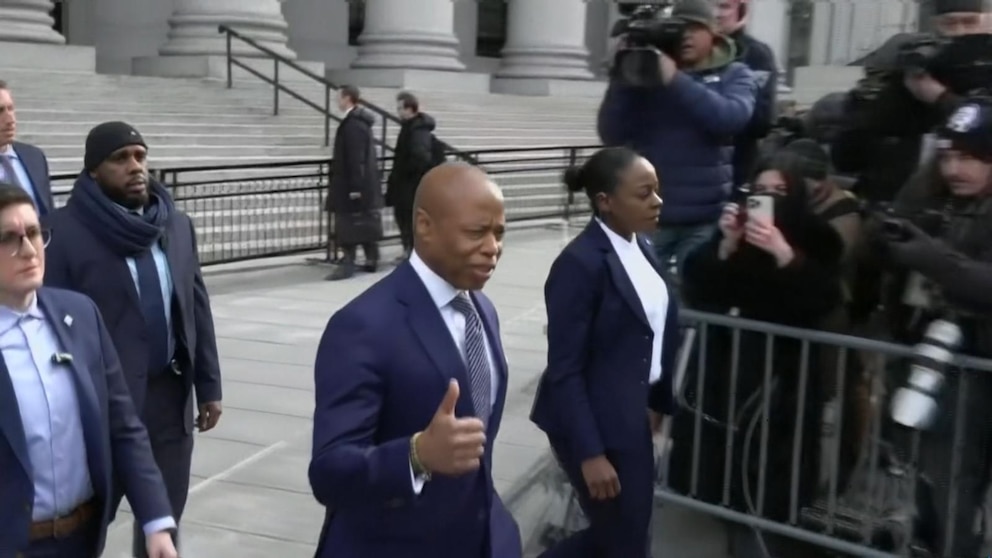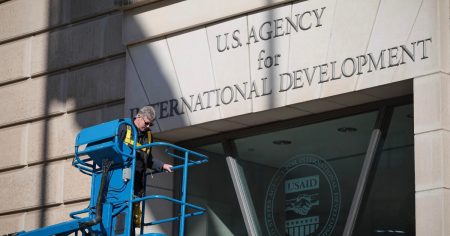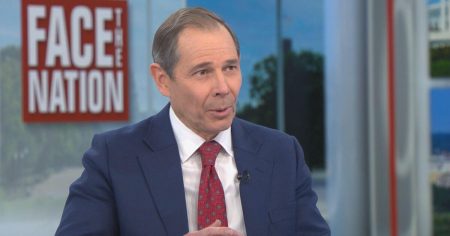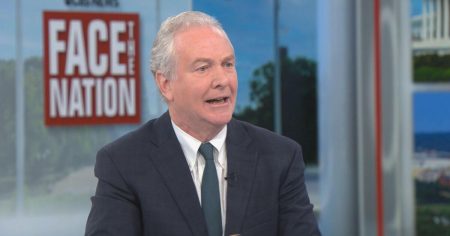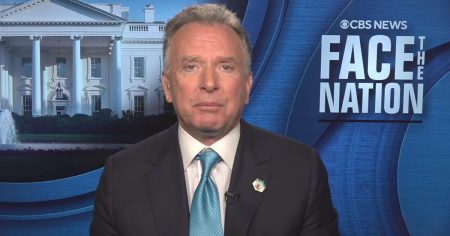Introduction: The Case of Eric Adams and the Federal Judge’s Decision
In a recent legal development that has captured the attention of political observers and the general public alike, a federal judge decided not to make an immediate ruling in the corruption case involving Eric Adams, the current Mayor of New York City. This decision has left many on edge, as the outcome of this case could have significant implications not only for Adams’ political career but also for the governance of one of the most populous and influential cities in the United States. The judge’s decision to delay the ruling has sparked a wave of speculation, with many wondering what this means for the future of New York City’s leadership. As the legal process unfolds, it is important to examine the details of the case, the potential consequences, and the broader context of corruption investigations in American politics.
Who is Eric Adams and Why is His Case Significant?
Eric Adams, a Democrat and the second African American to hold the office of New York City Mayor, has been a prominent figure in the city’s political landscape for over two decades. Known for his progressive policies and his advocacy for social justice, Adams has built a reputation as a leader who is deeply committed to serving the interests of the city’s diverse population. However, his tenure as mayor has not been without controversy, and the current corruption investigation has cast a shadow over his administration. The case in question revolves around allegations of improper conduct and potential violations of ethical standards, which, if proven, could lead to serious legal and political repercussions for Adams. The significance of this case extends beyond the individual involved; it speaks to the broader issue of corruption in politics and the need for accountability among public officials.
The Legal Context: Understanding the Corruption Case Against Eric Adams
The corruption case against Eric Adams is part of a broader federal investigation into allegations of misconduct within his administration. The specifics of the case have not been fully disclosed to the public, as the investigation is still ongoing. However, it is understood that the probe focuses on issues related to campaign finance, ethical violations, and potential misuse of public resources. These are serious allegations that, if substantiated, could lead to criminal charges and potentially even the removal of Adams from office. The federal judge’s decision not to make an immediate ruling suggests that the case is complex and requires careful consideration of the evidence and legal arguments presented by both sides.
The Implications of the Federal Judge’s Delayed Decision
The federal judge’s decision to delay the ruling in the corruption case against Eric Adams has significant implications for all parties involved. For Adams, the delay means that he will have to continue leading the city under the cloud of this investigation, which could impact his ability to govern effectively. The uncertainty surrounding the case could also affect public confidence in his leadership and potentially influence the political landscape of New York City. For the legal system, the delay underscores the importance of thoroughness and fairness in the judicial process, ensuring that all aspects of the case are carefully examined before a decision is made. However, the delay could also lead to increased speculation and anxiety among the public, as they await a resolution to this high-profile case.
Public Reaction and the Broader Impact on New York City
The delayed decision in the Eric Adams corruption case has elicited a range of reactions from the public and the media. Some have expressed concern about the potential consequences of the case for the city’s governance, while others have called for patience and trust in the legal process. The case has also sparked a broader conversation about corruption in politics and the need for greater transparency and accountability among public officials. For New York City, which is already facing a host of challenges, including economic recovery, public safety, and housing shortages, the uncertainty surrounding Adams’ leadership adds another layer of complexity to the city’s governance. The outcome of this case could have far-reaching implications for the city’s future and its ability to address these pressing issues.
Conclusion: The Road Ahead for Eric Adams and New York City
As the legal process continues to unfold, the future of Eric Adams’ mayoralty remains uncertain. The federal judge’s decision to delay the ruling in the corruption case against him has set the stage for a prolonged period of speculation and anticipation. For Adams, the road ahead will be challenging, as he seeks to navigate the legal and political implications of the case while continuing to lead the city. For New York City, the outcome of this case will have significant implications for its governance and the direction of its policies. As the city and its residents await a resolution, one thing is clear: the importance of accountability and the rule of law in ensuring the integrity of public office. The case of Eric Adams serves as a reminder of the high stakes involved in political leadership and the enduring need for transparency and ethical conduct in government.





